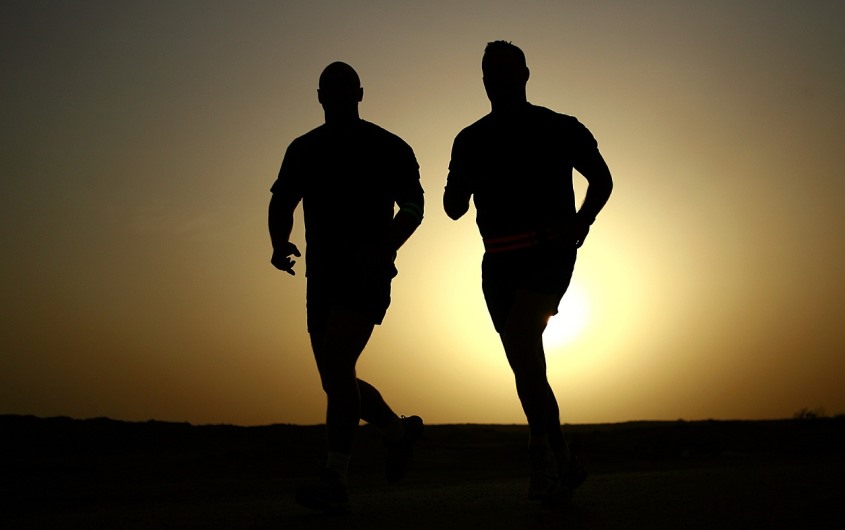I am a passionate runner, having followed the classic transition from team sportsman to weekend warrior at most local running events from shorter trail running to longer road running events, I have built the best running habits along the way. You will find, as passionate runners, we have these healthy running habits in common.
Good running habits
How does one become a dedicated runner? Though we come from all walks of life and certainly have our own methods in pursuing our passion, it seems that most runners have common bonds between us—things we do, quirks we accept, lifestyle choices we embrace.
How to get into the habit of running
These are the habits that all passionate runners have in common. Here you will find running habits that will make you a better runner. Break your old bad habits and build great new sustainable habits.
Be consistent
If you ask any runner who wins races about their “secret sauce,” chances are good they will taut the benefits of consistency in creating good running habits. But that doesn’t mean you have to run every day. It does mean establishing a routine, even a loosely structured one, such as having a long run on Sundays, a tempo day on Tuesdays and using Thursdays for speed work.
Once you have a plan, you have to follow it. Schedule training sessions like meetings and stick to your schedule. A routine will help you know what to expect mentally and physically. You accept it. Your body accepts it. Your family and friends accept it. Your significant other who feels neglected accepts it. And before you know what’s happened, training and running becomes a regular part of your life.
Get plenty of sleep
You know you need more sleep, but you just don’t have the time—too bad. According to recent studies, getting enough sleep not only helps with concentration and makes it easier to shed pounds and maintain weight loss (those 1 a.m. cupcake cravings are your sleepy head talking, not your belly), but it also helps bodies to heal and recover from exercise.
How much sleep is necessary varies from person to person, but aiming for seven to nine hours a night is a good goal. Power naps work too, as long as they don’t interfere with a solid, rejuvenating sleep cycle. Think of it as active recovery!
These are the morning habits of successful people.
Have a goal
Training for a race provides instant structure to your running in the form of a training plan and a race date. Guesswork is taken out of the equation and inspiration is a given. No, you don’t always need to have a race on the calendar, but how else are you going to get new tech T’s?
If racing isn’t your thing, try running a new route, booking a running vacation, increasing your mileage, running with a group once a week or seeing if you can increase your speed. It’s hard to stay engaged without something on the horizon. The idea is to give purpose and energy to your running. Remember, this is fun!
Have your gear ready all the time
Here we go again, this will affect your whole day. Have your gear ready the night before, at the office, in the care, have running gear everywhere. You never know when you might have to grab a few miles away from the computer. Be prepared, this a very simple, yet powerful habit that will take your running to a new level.
You know how your mom always told you to have a designated driver? Be the designated runner—if you’re ever stranded in the middle of nowhere with 10 miles to go until civilization (at least we think it might happen), you always have already worn socks and your backup-to-the-backup shirt. If your co-workers scrunch their faces in disgust at the idea of a lunchtime jaunt, keep your handy gear in a desk drawer or in your car. Just don’t leave the Body Glide out in a public space.
Stay hydrated
Drink water! It helps you stay alive, hydrated, healthy and functional during those longer runs and races. Staying hydrated is an important health habit for you.
Preventing dehydration while running is hard. If you’re running long distances or running in hot temperatures, it’s very easy to become dehydrated, and that not only can hurt your immediate performance, but it also can hurt you in the long run (pun intended). Be sure to build great exercise habits that you will stick to.







